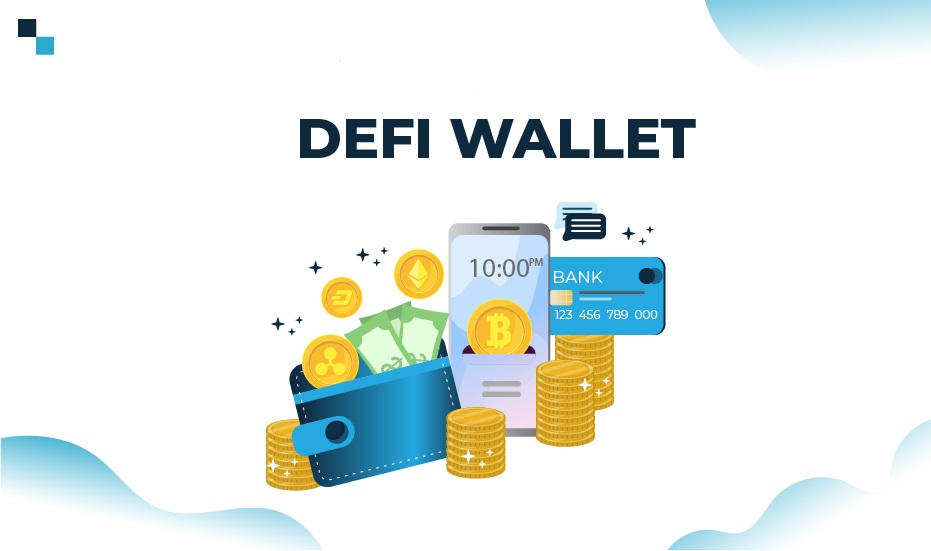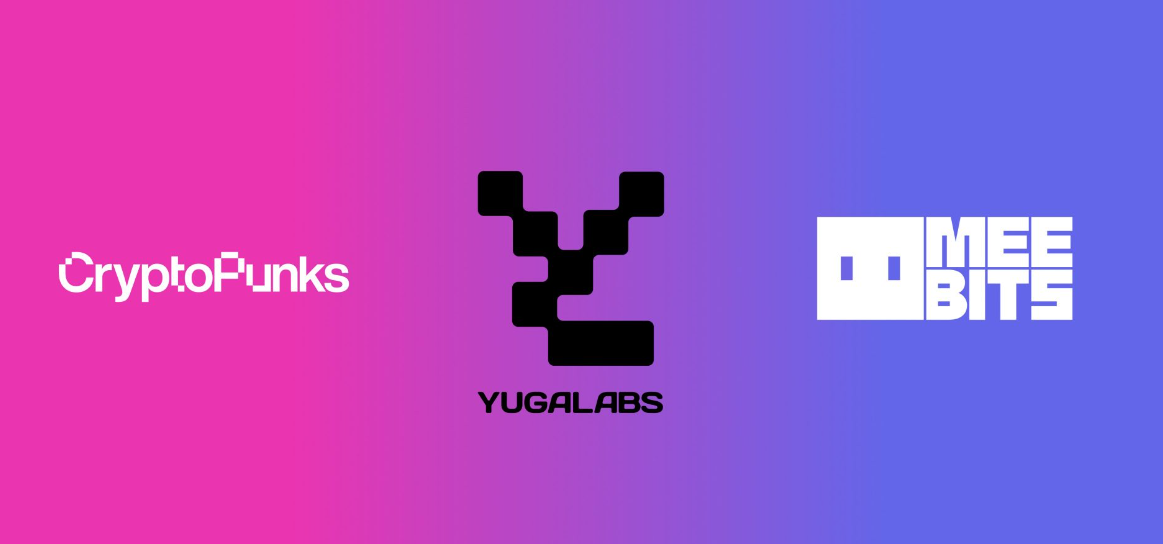What is DeFi Wallet? If you’re looking for an alternative to traditional wallets, check out the DeFi Wallet. This wallet uses a biometric security feature to protect the funds you store. It is simple to install and set up, and can be restored from your previous wallet if necessary. It also offers various biometric security features to protect your funds.
Decentralized financial service ecosystem
DeFi is a decentralized financial service ecosystem that is based on blockchain technology. It provides a variety of financial services that were previously not available. Some of these services are called “DeFi legos” because of their unique flexibility. These services are designed to be accessible from anywhere. While traditional financial services are often limited to a specific area, DeFi services are open to people from all over the world.
To use DeFi services, you must have a crypto wallet. Although centralized entities can provide DeFi services, this is not essential. Anyone can create a DeFi wallet and start using the service. The benefits of using DeFi include the fact that you do not have to verify your identity or sign up for a bank or financial institution. This makes it an accessible alternative for the unbanked and improves financial inclusion.
One of the most popular DeFi activities is lending. These solutions let users borrow funds using their cryptocurrency as collateral. Lending solutions have generated a massive amount of capital. Some of these solutions command billions of dollars in total value locked at any given time. Another important aspect of a decentralized finance ecosystem is having a stable unit of account. Stablecoins can provide this.
As blockchain technology continues to gain momentum, decentralized finance is emerging as a new field in the crypto industry. This emerging field provides an alternative to traditional financial services by using blockchain technology to offer transparent permissionless financial services. It eliminates the need for centralized institutions and central authorities.
Cryptocurrency wallet
The DeFi wallet allows you to store, manage, and send cryptocurrency. It is very easy to use, and it comes with a number of features. Its unique structure allows you to store all your coins directly on the blockchain, and you can avoid the need for intermediaries. The wallet does charge transaction fees, however, and these are generally associated with fees for centralized exchange services.
The DeFi wallet uses MetaMask as an interface to store and manage your cryptocurrency assets. You can create and manage your private keys, as well as view your balances and transactions. It also includes a feature to check if your NFTs are valid or not. You can also connect to platforms to mint and buy tokens. There are some limitations with the DeFi wallet.
The DeFi platform also supports a variety of other protocols and applications. Most of them are compatible with Ethereum. MetaMask is compatible with most DeFi apps and protocols. It’s also easy to use, even for newcomers. It also allows you to store multiple cryptocurrencies in one wallet.
As with any cryptocurrency wallet, security is paramount. Choosing a good DeFi wallet is an important part of protecting your funds. Make sure to research the security measures and features of your chosen wallet.
Non-custodial crypto wallet
Cryptocurrency non-custodial wallets are an excellent option for those who want to keep their private keys secure. These wallets allow users to store private keys securely, but you need to remember that you are responsible for keeping your key confidential. This can be a risk if your wallet is stolen or misplaced. Additionally, non-custodial wallets lack superior user interfaces and are difficult to navigate.
Custodial wallets are web-based applications provided by centralized crypto exchanges. Most exchanges do not require you to interact with your wallet. Newcomers to the cryptocurrency world are typically more comfortable with custodial wallets. These wallets also require no private keys and avoid the risk of losing funds if you forget or lose your password. A custodial wallet also offers security options such as security questions, which can help you reset your password quickly and easily.
The biggest downside to non-custodial crypto wallets is that you are responsible for storing your private keys and keeping them safe. This means that you have to trust yourself to protect your keys and protect your wallet. In addition, you must take precautions to regenerate your wallet if you need to. For example, you should use a strong password and keep it in writing. It’s also important not to allow anyone else physical access to your non-custodial crypto wallet. Otherwise, a rogue user might drain your funds.
When choosing a crypto wallet, keep in mind the following considerations: What kind of cryptocurrency are you looking to store? What type of security do you want? Do you want access to your private keys and control over your assets? A non-custodial wallet can be an excellent choice if you’re a beginner to cryptocurrency.
Support for decentralized exchanges
The DeFi Wallet is a new wallet that supports decentralized exchanges. Its open architecture means that other teams can develop interfaces to integrate with the DeFi Wallet. It also has a data aggregator. This enables users to coordinate all their activity on DeFi from one place.
The DeFi wallet allows users to exchange assets and earn from lending, staking, and farming services. They can also check the NFTs in their accounts and connect to platforms to mint and purchase tokens. However, users should be aware of fees that are associated with every transaction.
A DeFi wallet can be free and easy to set up. The wallet’s seed phrase, a 12 or 24-word phrase, is required to access it. Different wallets have different features. Some support NFT visualization, while others don’t. Many are integrated with decentralized finance applications such as SolFlare.
In contrast to centralized exchanges, DeFi supports peer-to-peer exchanges. This eliminates the need for a middleman. It is also considered safer because the private keys are not stored on the exchange. This means that if the exchange were to get compromised, users wouldn’t lose their private keys. DeFi wallets also allow users to keep a copy of their transactions on the blockchain.
Depending on the type of platform, a decentralized exchange may not enforce Know Your Customer and Anti-Money Laundering checks. Since there is no central entity that verifies information, regulators may try to enforce these requirements on such decentralized exchanges.
User-friendliness
The DeFi wallet has a user-friendly interface that is designed to simplify the process of managing transactions on the DEX. It offers a variety of features that make it easy to use for a variety of users. As cryptocurrency and blockchain wallets become more popular, more companies are building their own platforms to offer the features that consumers need and achieve compatibility with various blockchains. A user-friendly interface is an important factor for new users to consider when choosing a wallet.
A user-friendly interface helps users quickly deposit and withdraw funds. It also enables them to track their daily and monthly activities. The interface should include categories and filters for easy viewing. A good DeFi wallet should also offer incentives and discounts to users, so that they continue to use the platform and increase loyalty. While most wallets offer some form of free features, many people don’t take advantage of them.
A DeFi wallet’s user-friendliness also depends on the variety of digital assets it supports. For example, not all DeFi wallets support Bitcoin (BTC), but others do. You should take the time to research and choose a wallet that offers the features that you need.
Another factor to consider when choosing a DeFi wallet is security. While a DeFi wallet should be able to secure all of your assets, you should also be able to trust it with your funds. Some wallets will not allow you to store more than a hundred cryptocurrency tokens. Therefore, a wallet that can support a large amount of crypto assets and is compatible with multiple protocols is a better choice.
Security
When choosing a wallet for your digital currency, security is paramount. Wallets that rely on third-party service providers are not reliable. In contrast, non-custodial wallets store private keys on a user’s device. The best wallets encrypt private keys in a secure location on your computer.
While DeFi wallets do have some features that make them secure, their most critical trait is the unique keypair they generate. This key pair is a unique pair of private keys and is kept confidential by the user. These private keys are introduced to the user in a 12-word seed phrase. Without this seed phrase, a DeFi wallet is not considered a DeFi wallet.
The best way to protect your DeFi wallet is to take precautions. First, make sure that your DeFi wallet is not in view of hackers. There are numerous threats that can compromise your wallet. While you’re on the Internet, you should always use strong passwords and secure encryption. Second, you should ensure that you have a secure, offline location to store your private seed phrases and private keys.
Lastly, make sure to have a virus-free computer. Crypto scams typically target vulnerabilities in operating systems. This is why it’s important to keep your computer virus-free and update software regularly.



